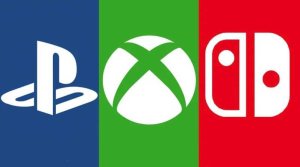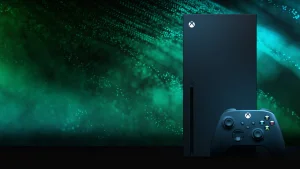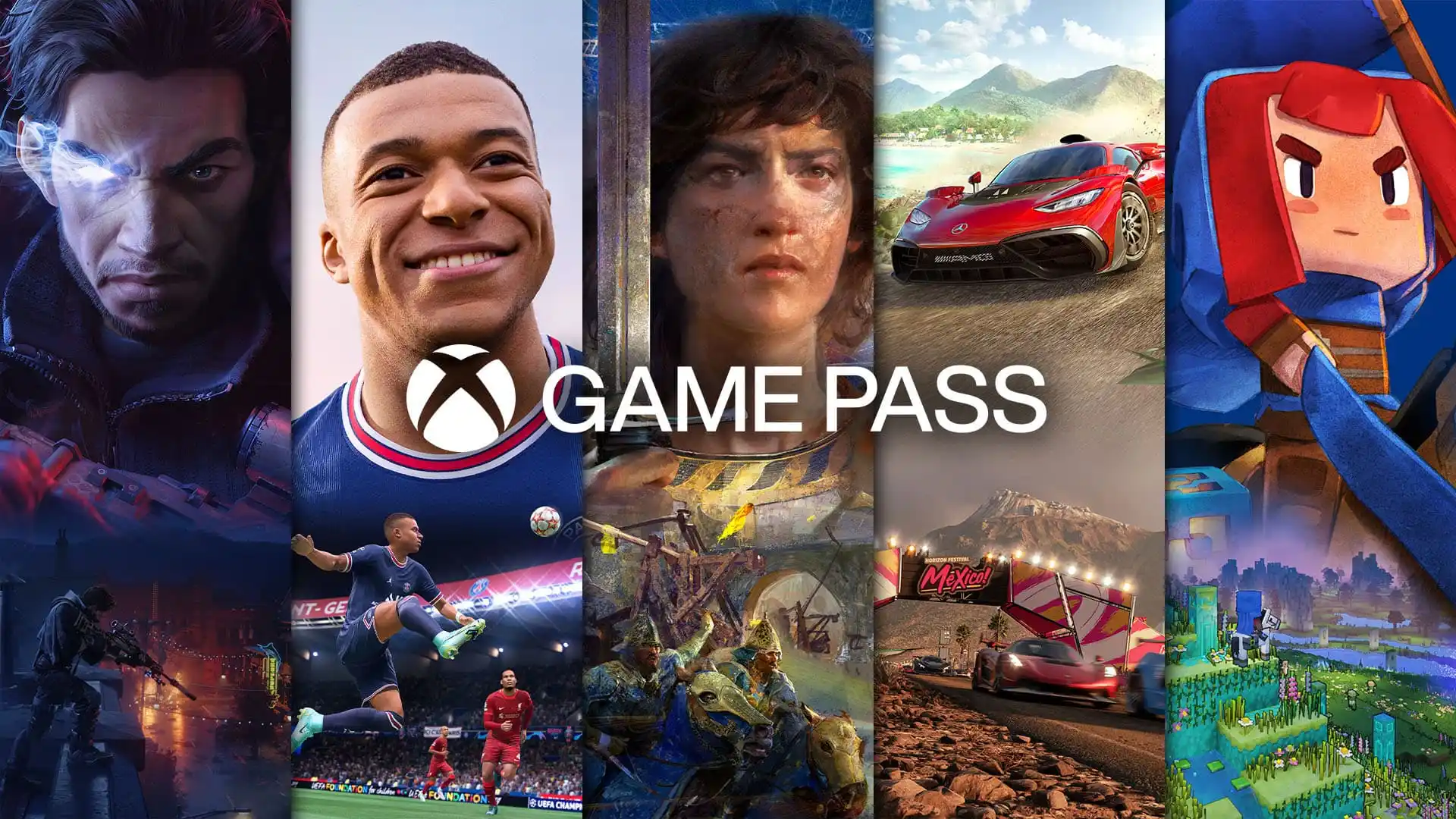Microsoft’s ambition to make Game Pass ubiquitous marks a significant shift in the gaming industry. Their goal is to extend the reach of Game Pass to every conceivable gaming platform, including their console rivals, PlayStation and Nintendo.
This initiative reflects a bold move to transcend traditional console limitations and embrace a more inclusive gaming ecosystem.
Expanding Beyond Xbox and Windows
Game Pass has already established a strong presence on Xbox consoles and Windows PCs, offering a comprehensive library of games.
The service not only provides access to a wide array of titles but also includes Microsoft’s first-party games available immediately upon release. This extensive accessibility at no extra cost has been a cornerstone of the service’s appeal.
Collaborating with Rivals

Despite Microsoft’s history of trailing behind Sony and Nintendo in console sales, they express a keen interest in collaboration rather than competition.
Xbox CFO Tim Stuart at the Wells Fargo TMT Summit highlighted a strategic pivot to integrate Game Pass across various platforms, including smart TVs, mobile devices, and notably, PlayStation and Nintendo consoles.
Microsoft’s Broader Ambitions
The focus on Game Pass is part of a larger objective to significantly expand in areas such as first-party games and advertising. The acquisition of Activision Blizzard accelerates these plans, providing a robust portfolio to bolster their offerings.
The Challenge of Collaboration
While Microsoft shows eagerness to work with Sony and Nintendo, it remains uncertain if these sentiments are reciprocated. Sony’s PlayStation Plus and Nintendo’s subscription service, which offer access to their own game libraries, could present obstacles to this partnership.
Future Collaborations and Exclusive Titles

The acquisition of Activision Blizzard, however, necessitates some level of collaboration. Microsoft’s commitment to keeping titles like Call of Duty non-exclusive means these games will continue to be available across different platforms.
This approach could potentially influence the availability of future exclusive titles like “Fable,” “Elder Scrolls 6,” and “Senua’s Saga: Hellblade 2.”
In Conclusion: Towards a Unified Gaming Experience
Microsoft’s strategy to bring Game Pass to all gaming screens is a testament to their vision of a more unified and accessible gaming world. This approach may reshape the dynamics of the gaming industry, fostering a more collaborative environment across different gaming platforms.
The Vision: Game Pass on Every Screen
While the full realization of this vision faces challenges, particularly in collaborating with rival platforms, the potential for a more inclusive gaming ecosystem is significant. As the landscape evolves, it will be interesting to see how Microsoft navigates these partnerships and what this means for gamers worldwide.

